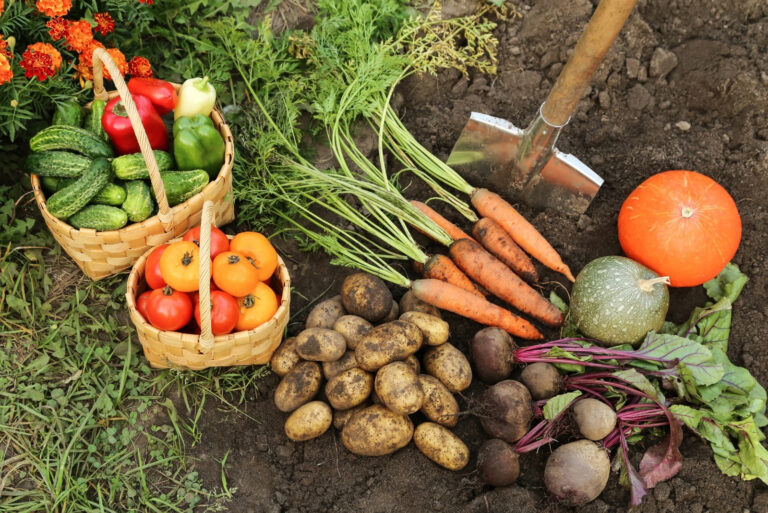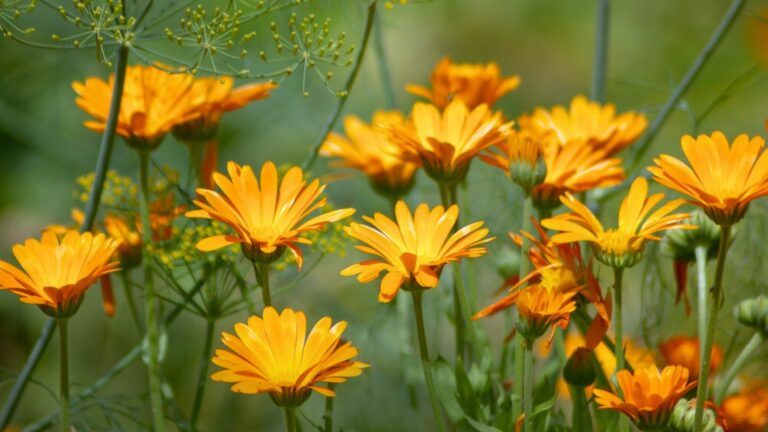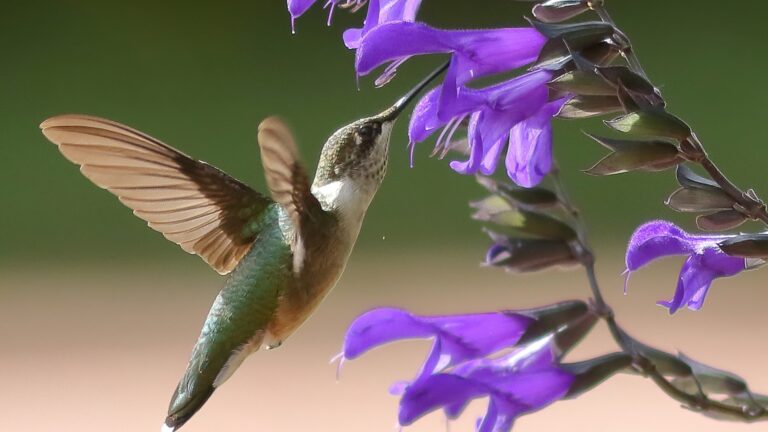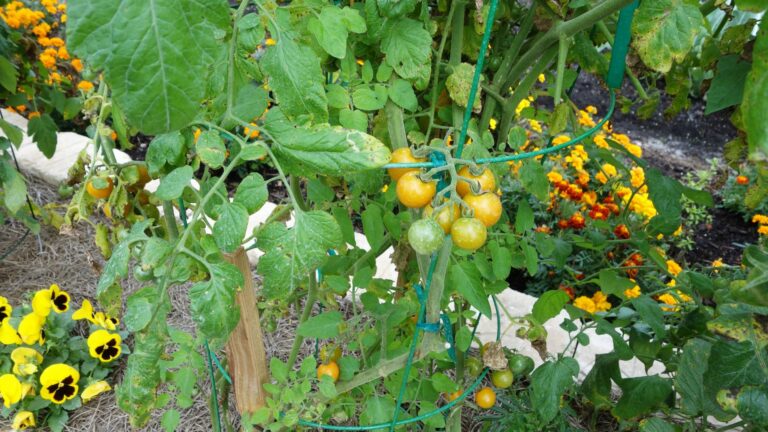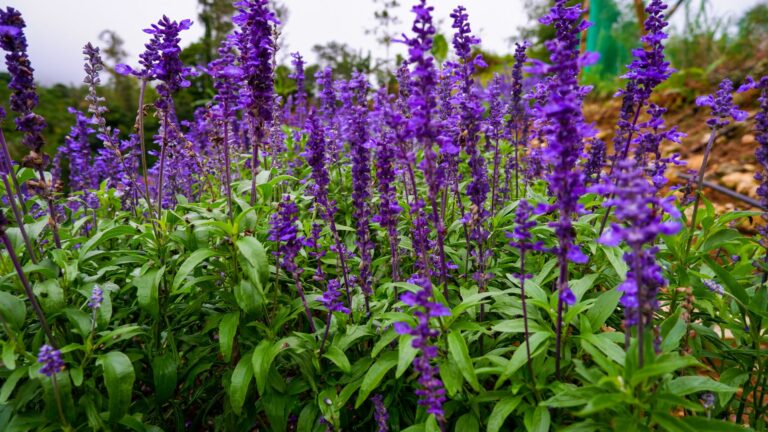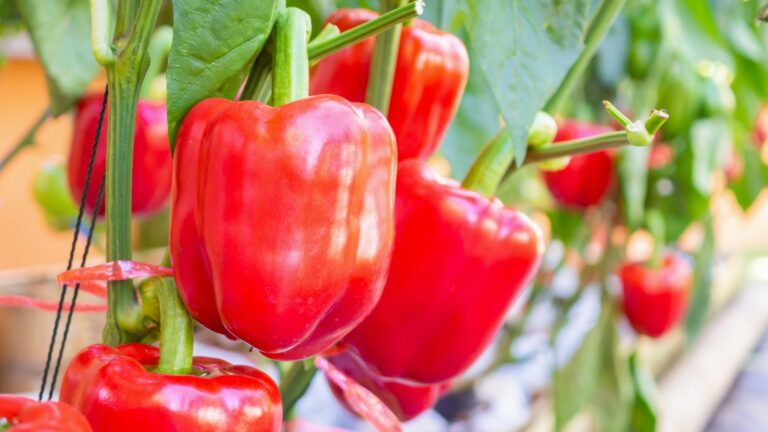15 Reasons To Mulch Your Garden Every Year (Plus What Happens If You Skip It)
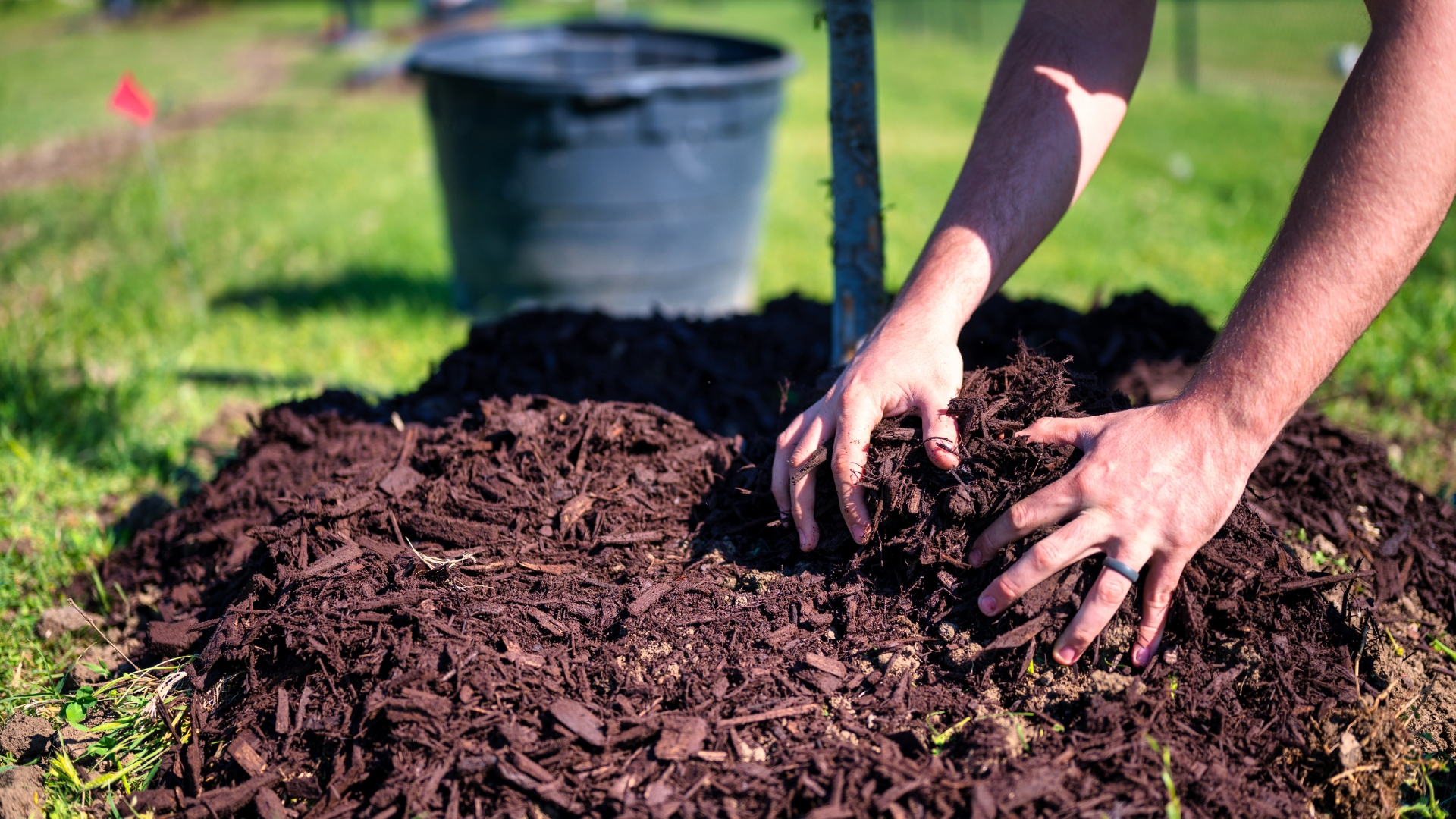
Mulch might not be the flashiest part of gardening, but wow—does it ever make a difference. I used to skip it some years, and let’s just say I learned my lesson the hard way.
From keeping weeds in check to locking in moisture, it quietly does all the heavy lifting. These 15 reasons will have you reaching for the mulch bag every spring.
And if you’re tempted to skip it, I’ll show you exactly what can go wrong—I’ve been there!
1. Moisture Retention That Slashes Your Water Bill
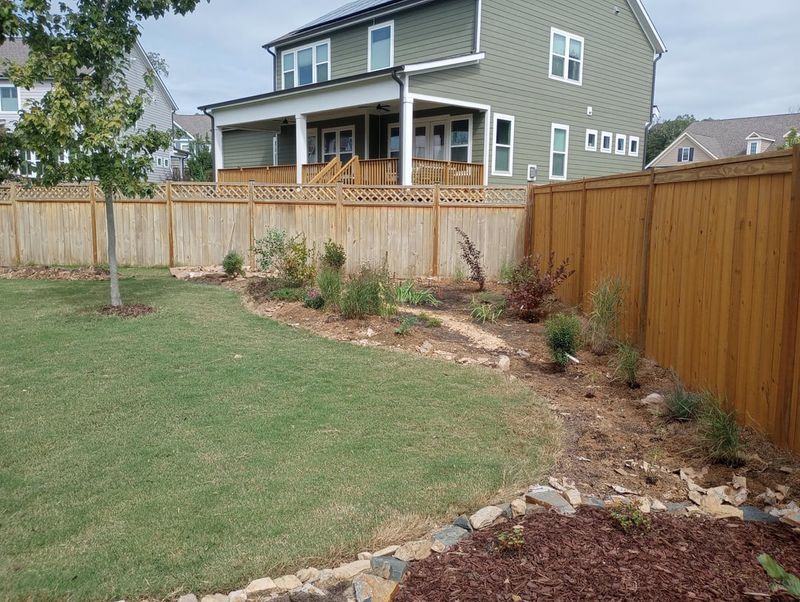
Mulch acts like a protective blanket over your soil, dramatically reducing evaporation. During hot summer months, unmulched gardens can lose up to 70% of their moisture to evaporation.
Your plants will thank you with stronger growth, and you’ll see the difference on your water bill too. Instead of daily watering, many mulched gardens thrive with just once-weekly hydration, even during dry spells.
2. Weed Suppression That Saves Your Back
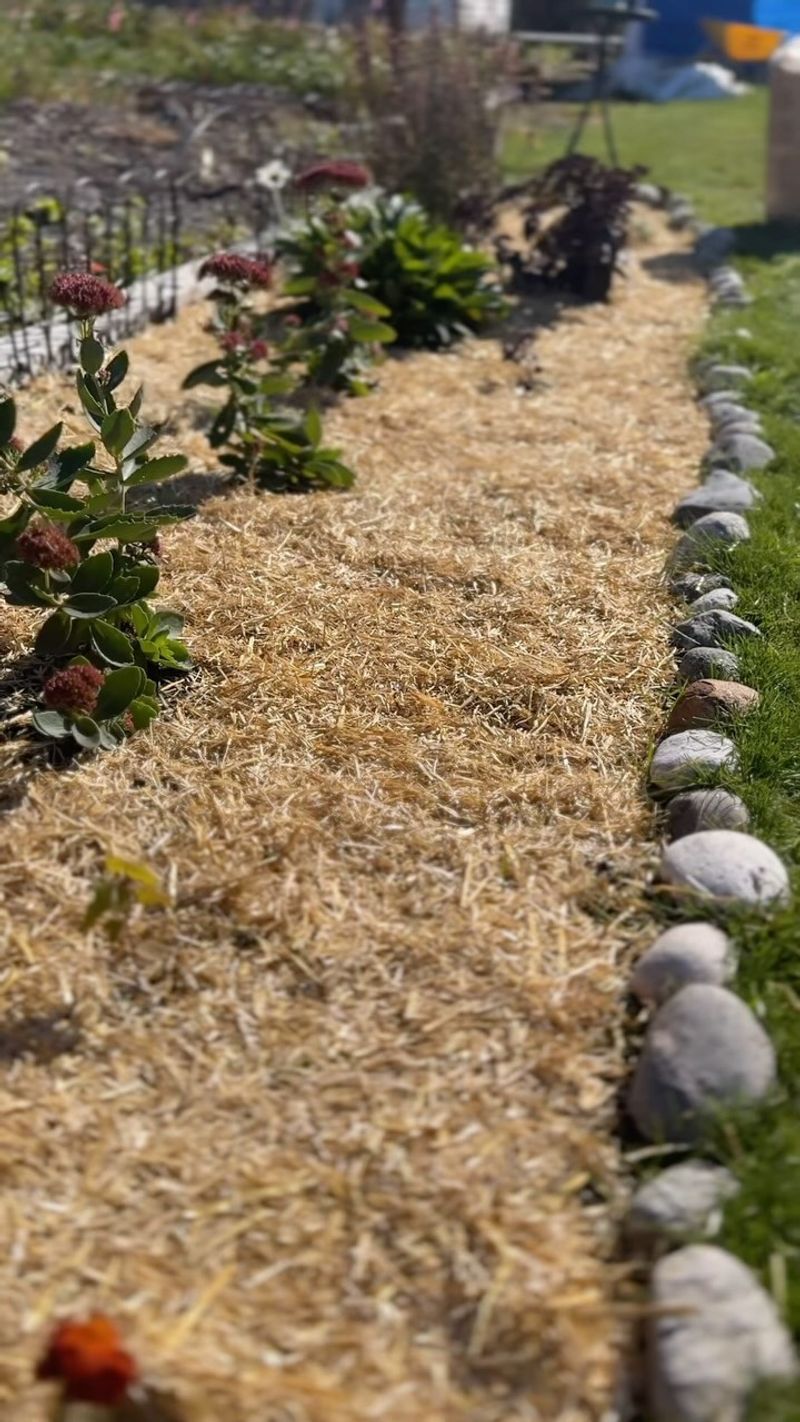
Forget spending hours hunched over pulling stubborn weeds. A proper 2-3 inch layer of mulch blocks sunlight from reaching weed seeds, preventing them from germinating in the first place.
The few weeds that do manage to sprout are easier to pull since the soil underneath stays loose and moist. Many gardeners report up to 90% reduction in weeding time after applying a good mulch layer each spring.
3. Temperature Regulation For Happier Plants
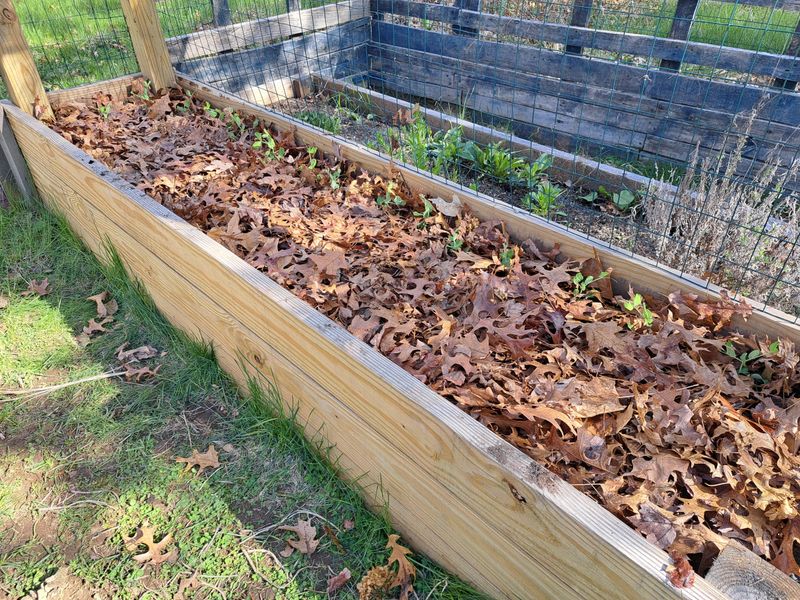
Mulch works as a natural insulator, keeping soil cooler in summer and warmer in winter. Root systems thrive in this moderated environment, especially during temperature extremes that would otherwise stress your plants.
During summer heatwaves, mulched soil can remain 10-15 degrees cooler than bare soil. In winter, that same layer helps prevent frost heave that can damage or kill perennial plants by pushing their roots out of the ground.
4. Soil Erosion Prevention During Heavy Rains
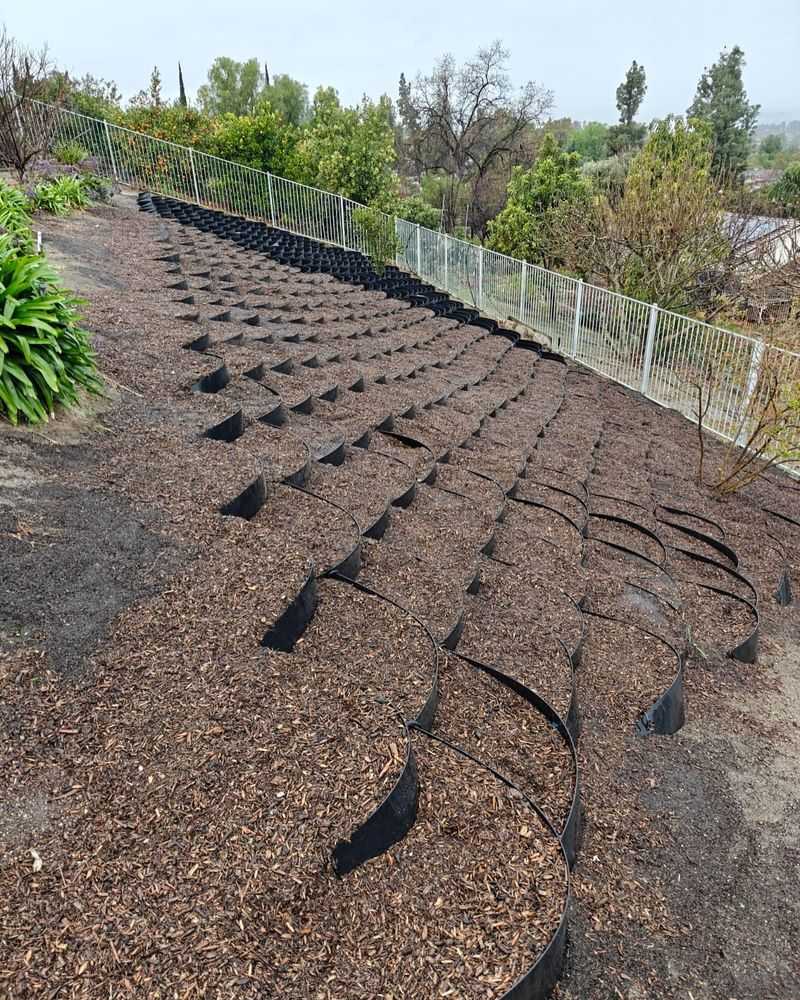
Heavy downpours can wash away precious topsoil in minutes, taking nutrients along with it. Mulch creates a protective barrier that absorbs the impact of raindrops and slows water flow across your garden.
This buffer effect allows water to gently percolate into the soil rather than running off. Gardens on even slight slopes can lose inches of topsoil yearly without mulch, while mulched gardens maintain their soil integrity through the heaviest storms.
5. Gradual Nutrient Release That Feeds Plants
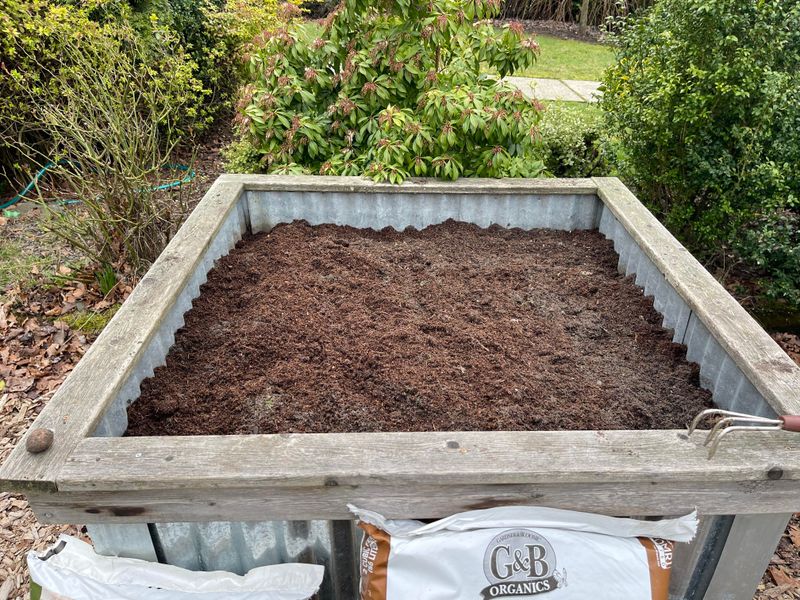
Organic mulches like compost, leaves, or bark slowly break down over time, releasing valuable nutrients directly into your soil. This natural feeding process eliminates the need for frequent fertilizing.
The decomposition also encourages beneficial soil microorganisms that further enhance soil health. A yearly application of organic mulch can reduce your fertilizer needs by up to 25%, creating a more self-sustaining garden ecosystem.
6. Soil Structure Improvement Over Time
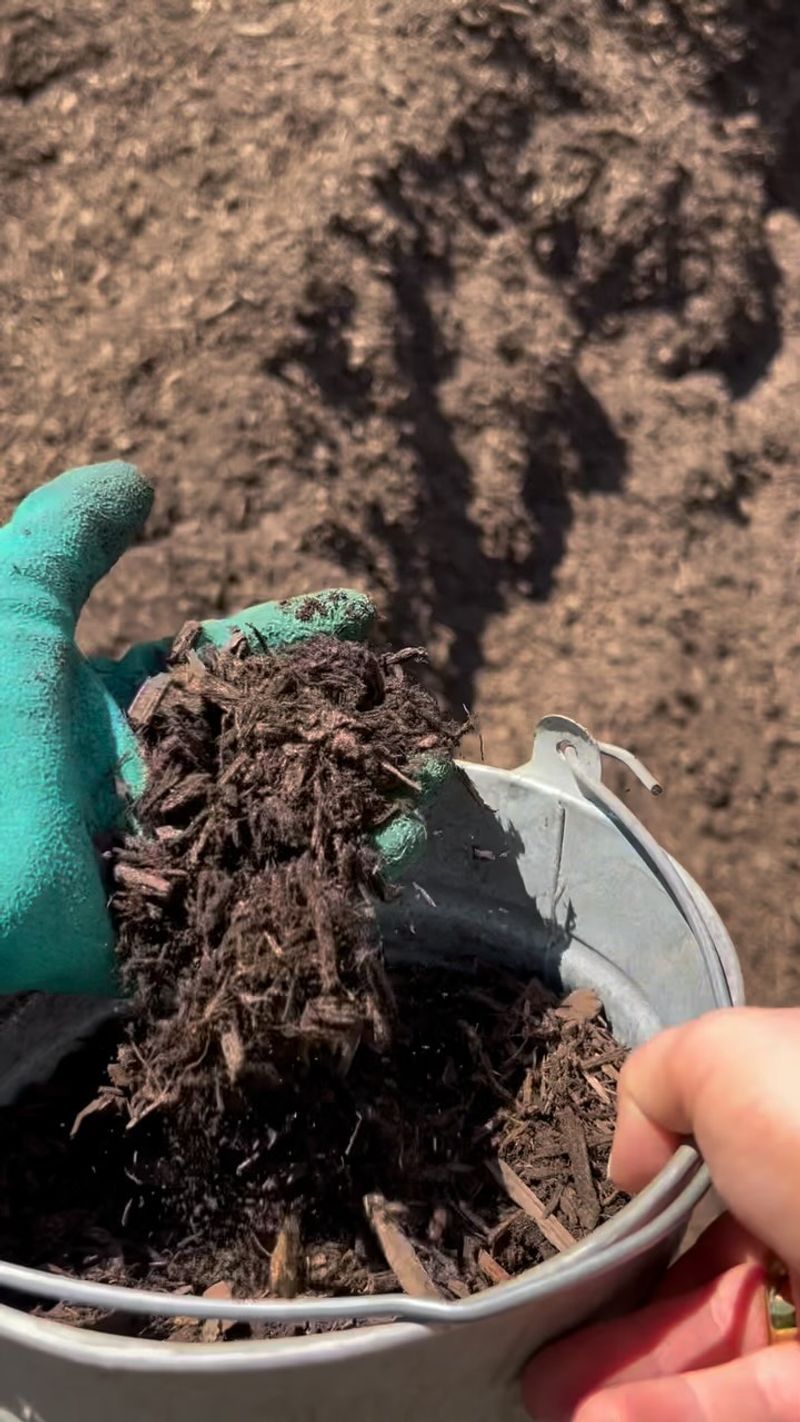
As organic mulches break down, they add valuable organic matter to your soil, improving its structure year after year. This leads to better aeration and drainage, preventing both waterlogging and drought stress.
Clay soils become less compacted and sandy soils gain water-holding capacity. Gardens that receive annual mulching for 3-5 consecutive years often develop that coveted loamy soil texture that gardeners dream about.
7. Pest Deterrence Without Chemicals
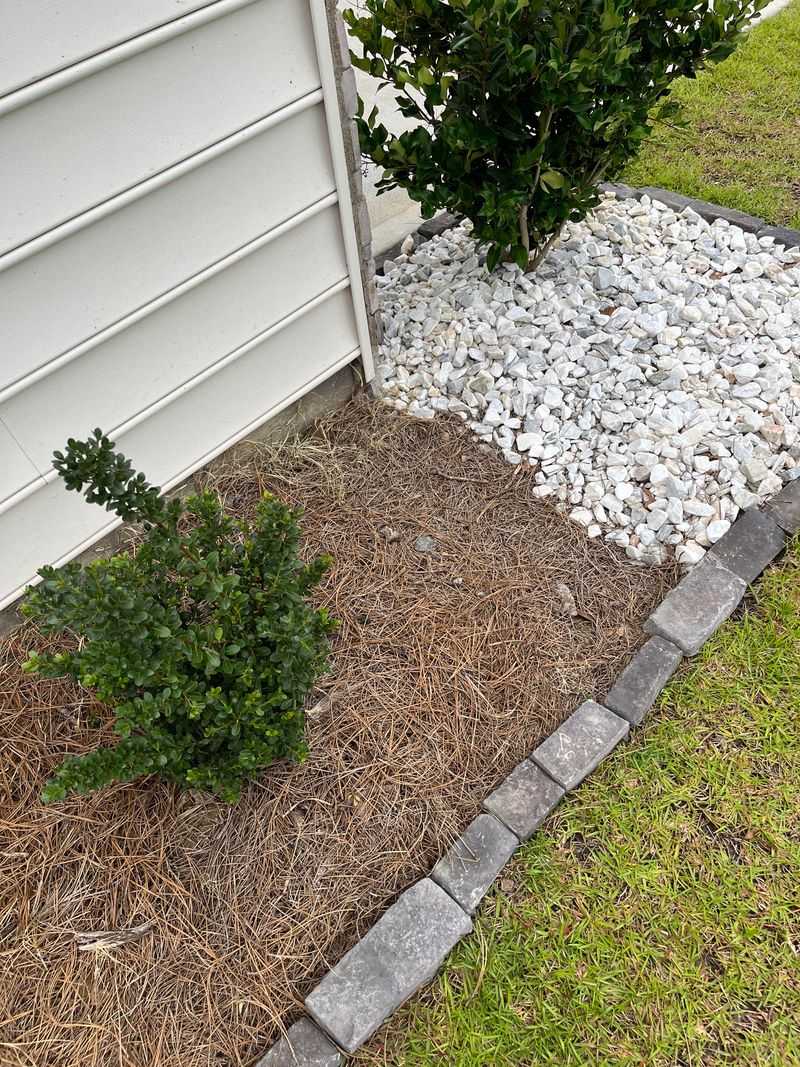
Certain mulch types naturally repel common garden pests. Cedar mulch contains oils that deter ants, cockroaches, and certain garden-munching insects, while pine needle mulch deters slugs and snails with its sharp texture.
Even basic wood chip mulch creates a habitat for beneficial predators like ground beetles that hunt pest insects. Many gardeners find they can reduce pesticide use by 30-50% simply by choosing the right mulch for their specific pest concerns.
8. Disease Prevention Through Splash Reduction
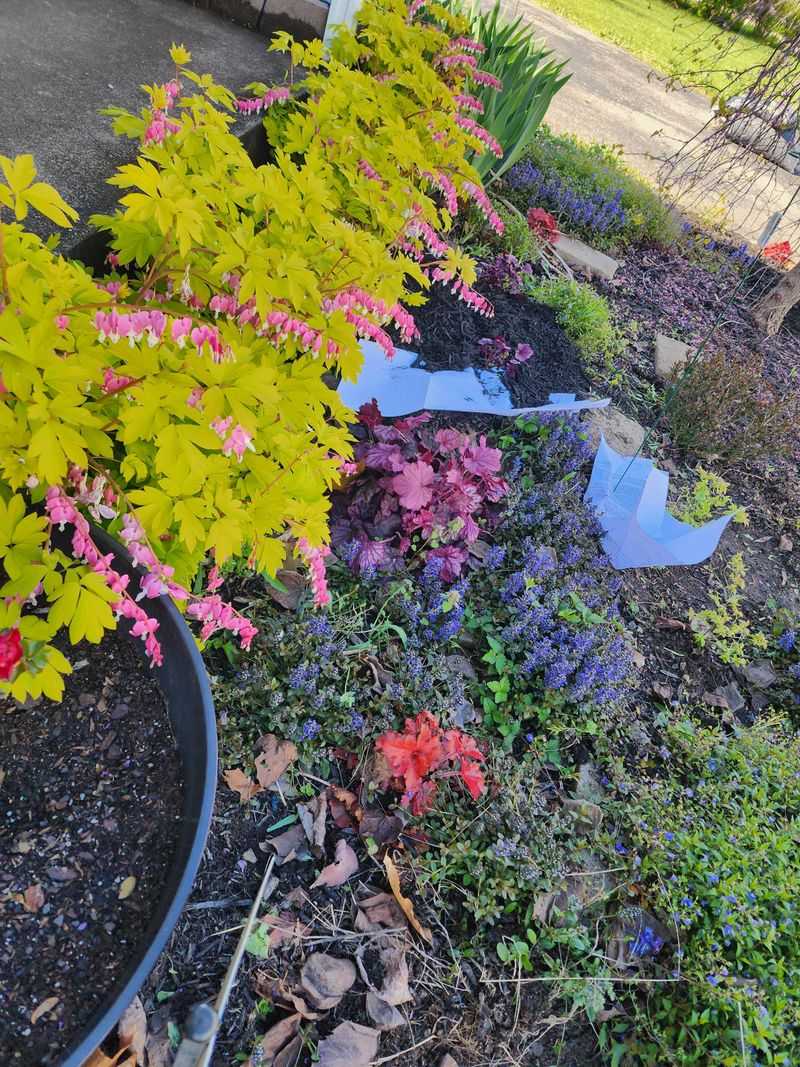
Soil-borne diseases often reach plant leaves when rain or irrigation splashes soil onto the foliage. Mulch creates a clean barrier that prevents this splash effect, keeping disease spores in the soil where they can’t infect your plants.
Tomatoes, peppers, and other vegetables particularly benefit from this protection against common blights. Studies show mulched vegetable gardens can have up to 65% less disease incidence compared to their bare-soil counterparts.
9. Frost Protection During Cold Snaps
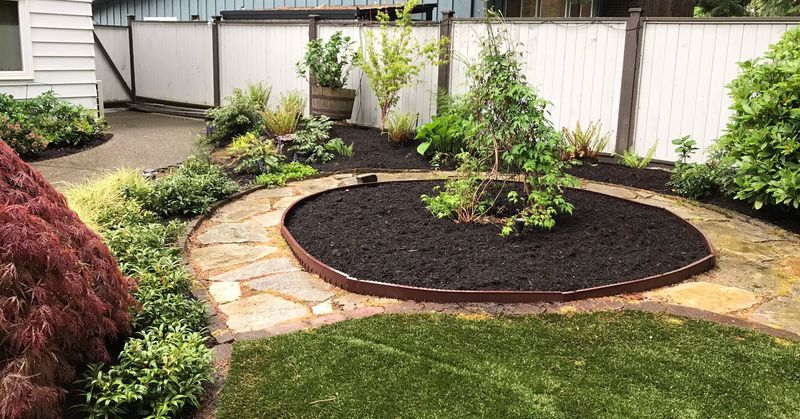
A good layer of mulch insulates plant roots from sudden temperature drops, often making the difference between survival and loss during unexpected frosts. This protection is especially valuable for marginally hardy perennials and newly planted specimens.
Fall-applied mulch helps plants gradually acclimate to winter conditions rather than experiencing shock. Many gardeners successfully grow plants a full hardiness zone colder than their region by providing consistent winter mulch protection.
10. Reduced Watering Frequency Saves Time
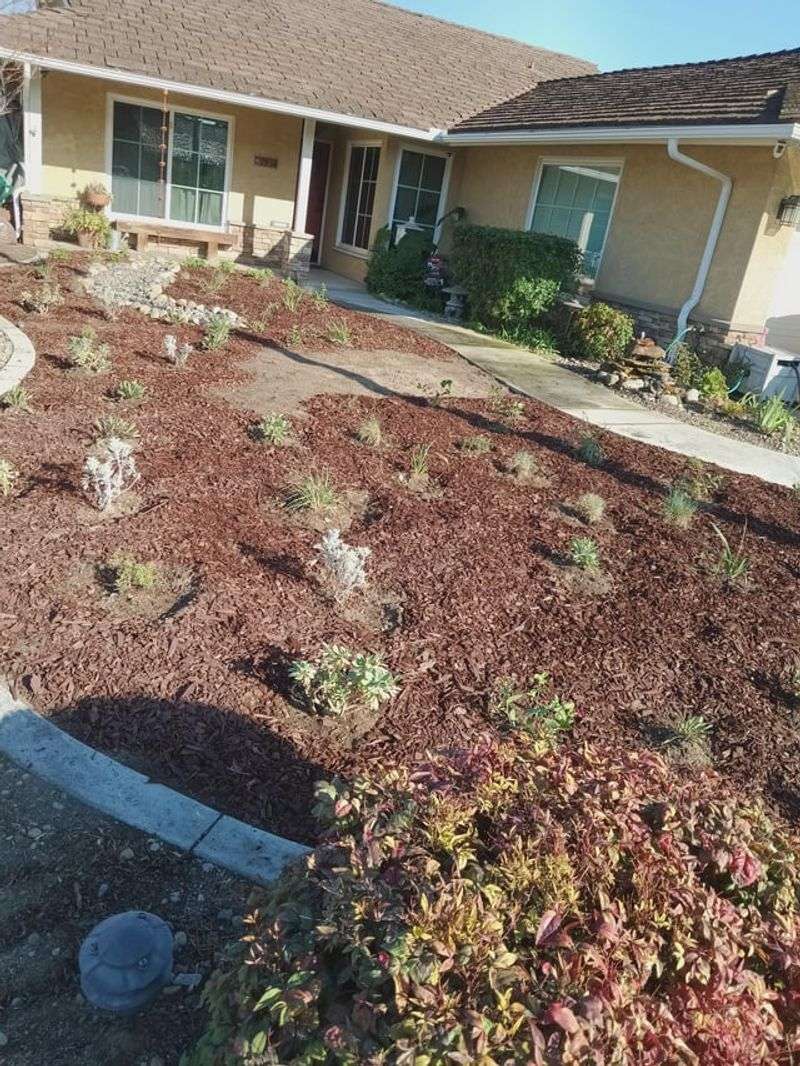
Beyond saving water, mulched gardens dramatically cut down the time you spend with hose in hand. The moisture-retention properties mean you might water just once a week instead of daily during summer heat.
This time-saving benefit compounds with larger gardens. For many busy gardeners, this single advantage justifies the annual mulching effort, freeing up summer evenings for enjoyment rather than constant maintenance.
11. Habitat Creation For Beneficial Creatures
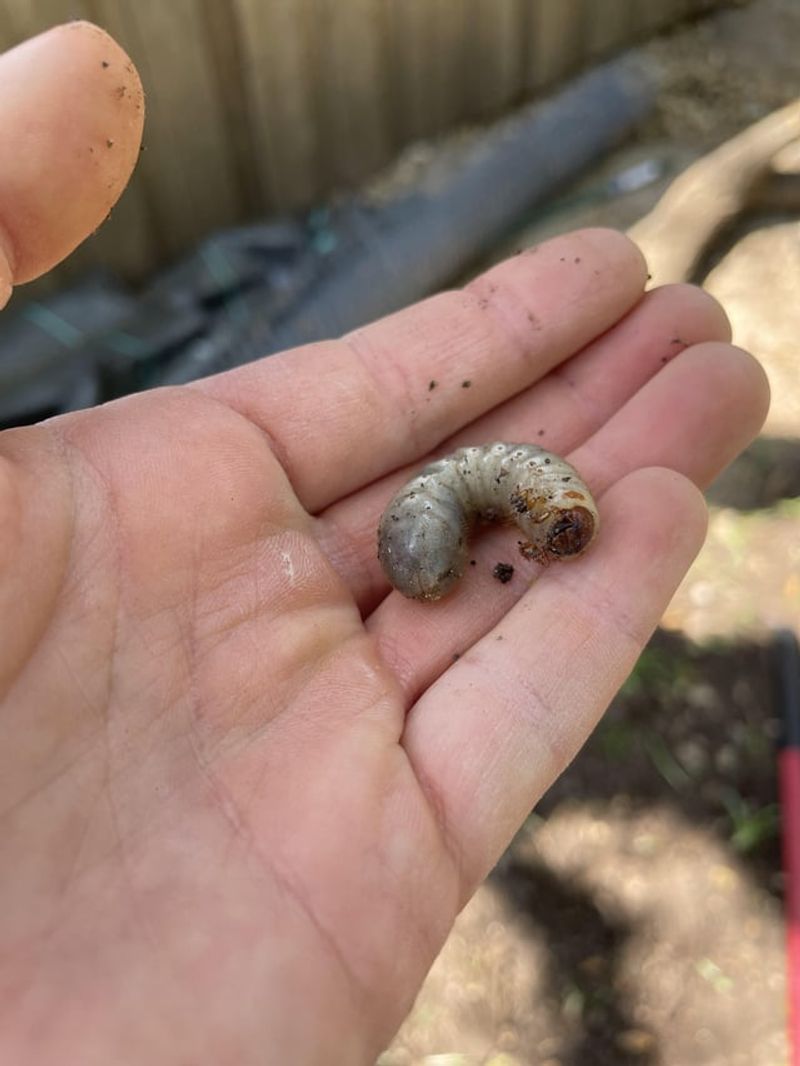
Mulched gardens become miniature ecosystems supporting earthworms, beneficial insects, and soil microorganisms. These creatures work 24/7 improving your soil structure, breaking down organic matter, and even hunting pest insects.
Earthworm populations can double or triple in the first year after applying organic mulch. Their tunneling activity creates natural aeration channels that allow water and oxygen to reach plant roots more effectively.
12. Cleaner Vegetables And Fewer Mud Splatters
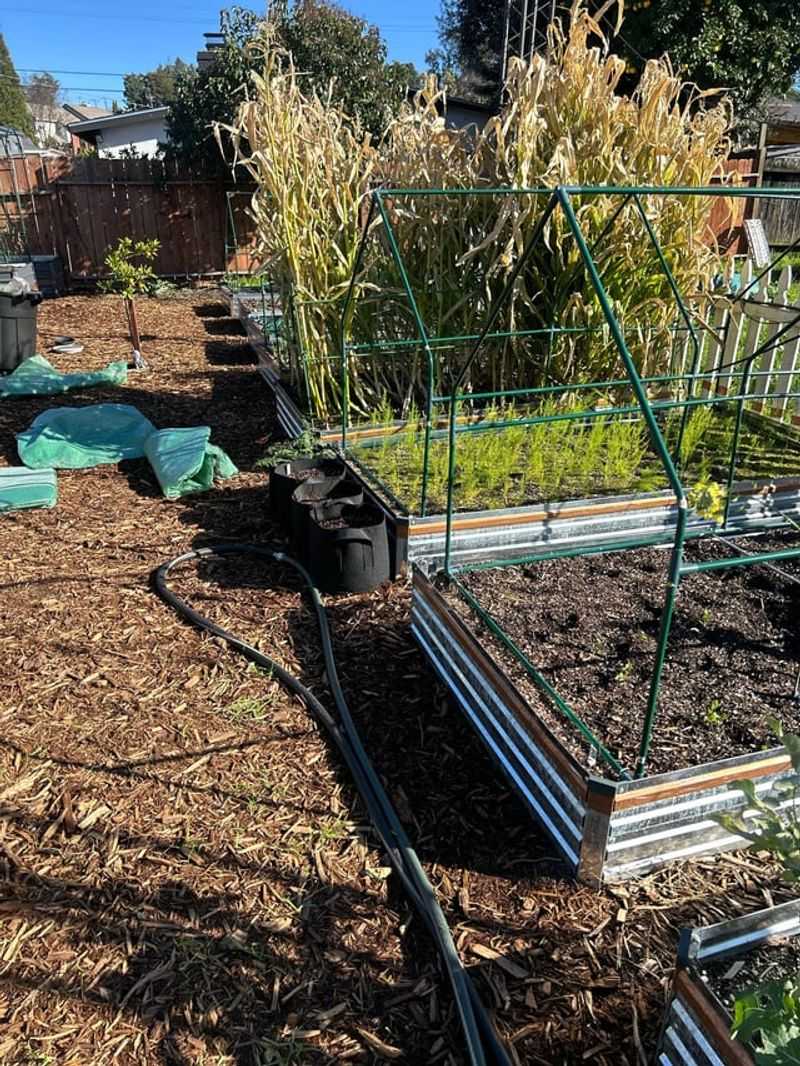
Mulch creates a clean barrier between your vegetables and the soil, keeping produce cleaner during harvest. Lettuce, strawberries, and other ground-level crops stay remarkably soil-free, reducing washing time and produce loss.
This clean layer also prevents mud from splashing onto your garden paths and your clothes during rain. Many gardeners find they can harvest after light rain without the muddy mess that typically accompanies bare-soil gardens.
13. Aesthetic Appeal That Boosts Property Value
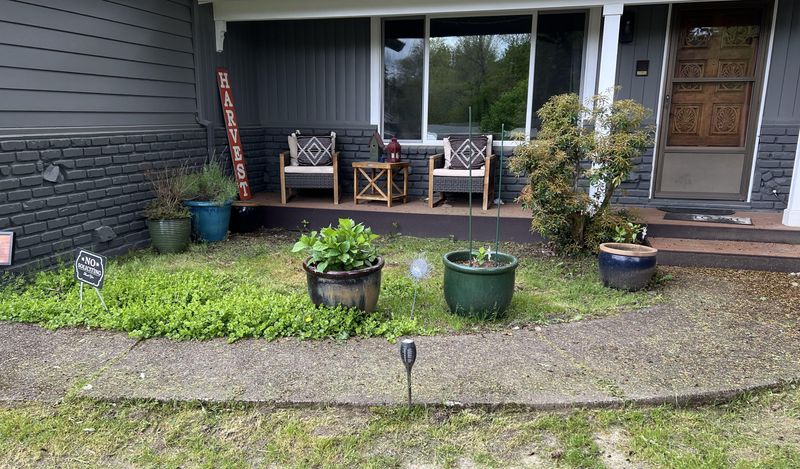
A freshly mulched garden instantly looks more polished and intentional. The clean, uniform background makes plants visually pop while giving the entire landscape a well-maintained appearance.
Real estate experts estimate that thoughtfully mulched landscaping can increase property values by 5-11%. Beyond the practical benefits, the aesthetic improvement alone makes mulching one of the highest-return investments you can make in your garden.
14. Reduced Soil Compaction For Better Root Growth
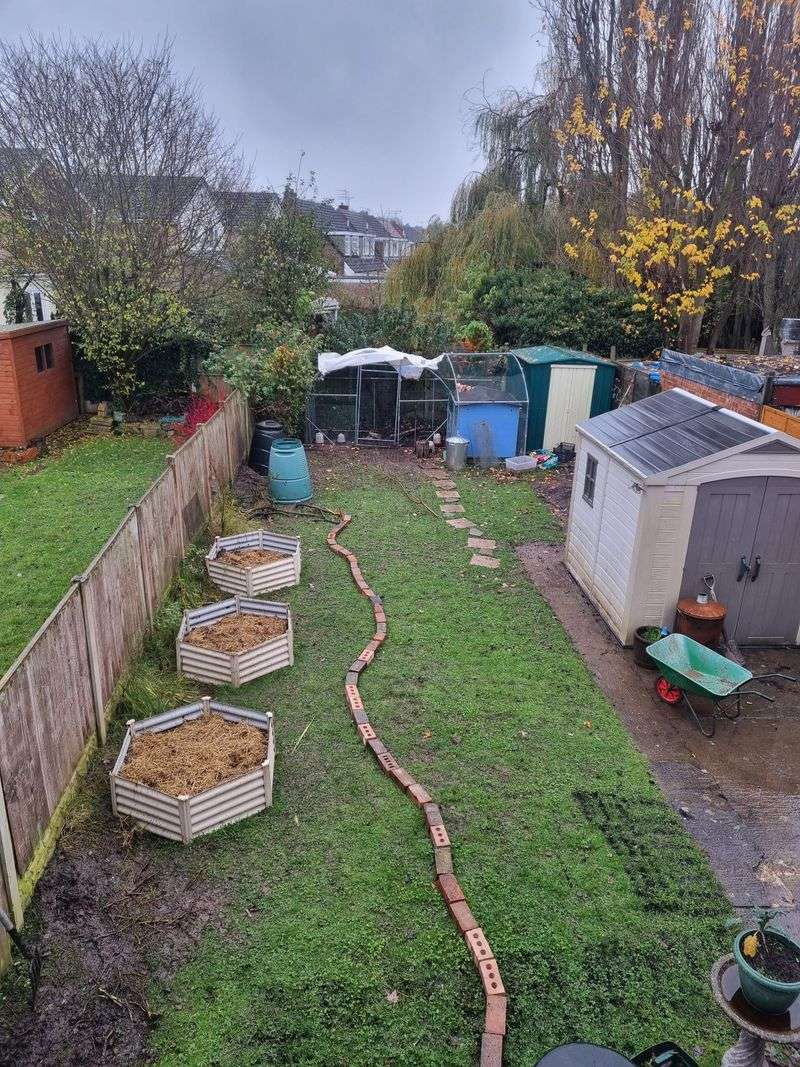
Bare soil gets compacted by rain, foot traffic, and even the weight of irrigation water. Mulch absorbs these impacts, protecting the soil structure underneath and keeping it loose and root-friendly.
Plant roots can easily penetrate properly mulched soil, accessing more nutrients and water. The difference becomes obvious when digging in mulched versus unmulched areas – one remains loose and friable while the other becomes hard and resistant.
15. Lawn Mower Protection Around Trees And Beds
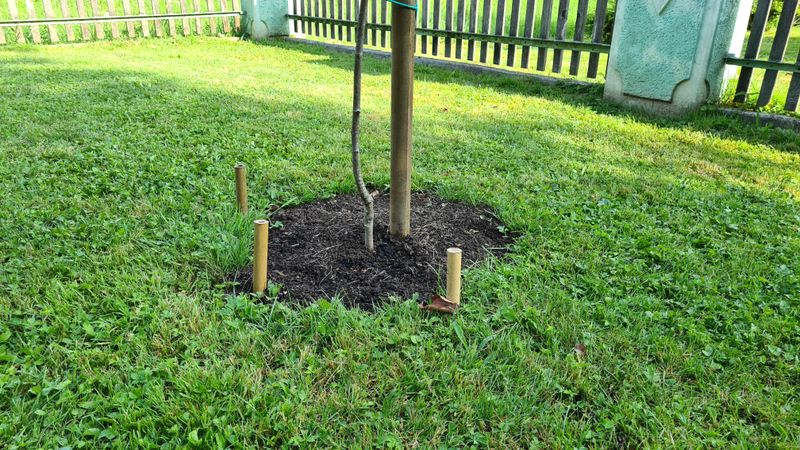
Mulch creates a buffer zone that keeps lawn mowers and string trimmers away from vulnerable tree trunks and plant stems. This prevents the all-too-common “lawn mower blight” that damages or kills thousands of trees annually.
For trees, this protection is particularly crucial as trunk damage can introduce fatal diseases or structural weaknesses. Proper mulch rings around trees can extend their lifespan by years by eliminating mechanical damage.
16. What Happens If You Skip Mulch?
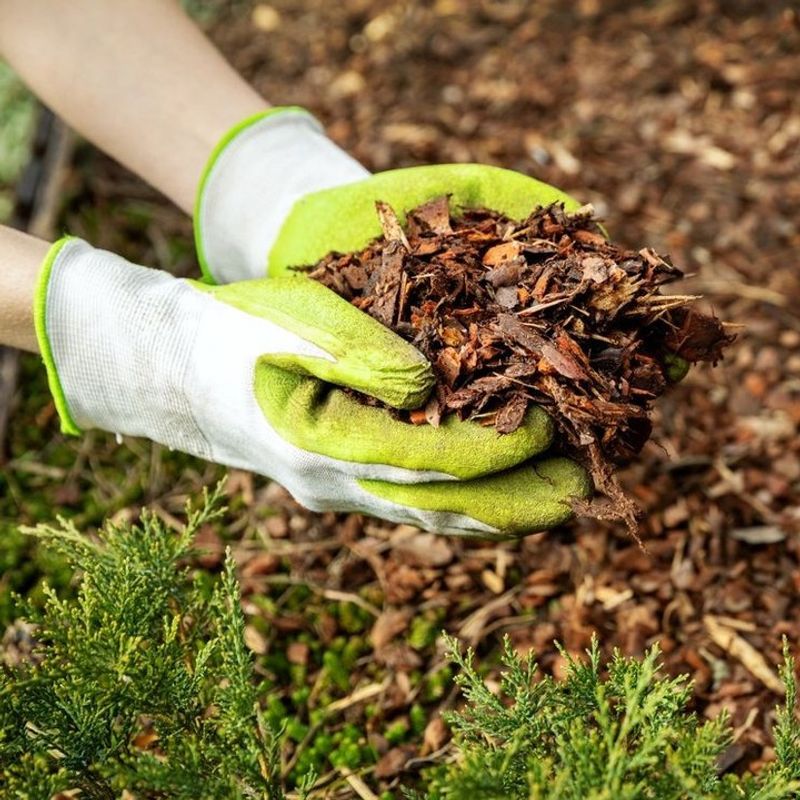
Skipping mulch might save you a bit of time in the short term, but your garden will likely pay the price in multiple ways over the growing season. Without that protective layer, moisture evaporates quickly, weeds grow unchecked, and soil becomes compacted and depleted.
Bare soil also leaves your garden vulnerable to erosion, temperature swings, and pest invasions. Plants are more likely to suffer from disease due to splashing soil, and your harvest—especially ground-level crops—can be dirtier or even damaged.
In the long run, skipping mulch means more work, higher water bills, weaker plants, and a less attractive garden overall. It’s one of the few gardening tasks where an ounce of prevention truly delivers a pound of reward.

